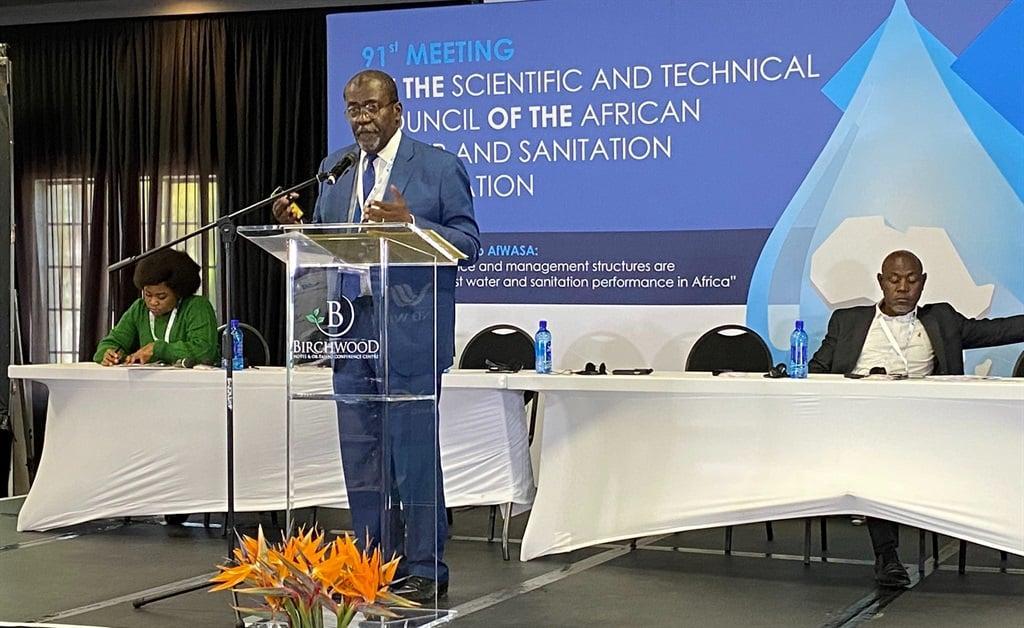Africa-Press – South-Africa. Africa’s most prominent water experts are meeting to discuss issues concerning the resource on the continent.
Monday was the first of a three-day symposium of the Scientific and Technical Council of the African Water and Sanitation Association.
This is their 91st meeting and is being held in South Africa, hosted by Rand Water and the Water Research Commission.
With introductions out of the way, most of the day’s discussions touched on or focused on the need to reuse effluent water in order to conserve the scarce resource.
Most of the continent suffers from water scarcity, with numerous factors worsening the situation.
These include climate change, population growth and urbanisation.
Rand Water is Africa’s biggest bulk water utility. It purifies water from the Integrated Vaal River System (IVRS), a series of dams and rivers, and transports potable water to around 19 million people in Gauteng, parts of Mpumalanga, the Free State and North West.
Teboho Joala, Rand Water chief shared services officer, said sewage treatment for reuse is a significant issue the entity faced.
He said the entity was working on projects to treat effluent for industrial and agricultural use. Currently, much of this was serviced by potable water, which was costly to treat.
But these projects required new infrastructure.
To this end, Joala said the entity had a memorandum of understanding for projects with Sedibeng District Municipality and Johannesburg Water.
“South Africa has one of the oldest mining industries on the continent. Mining is the second biggest water user in the country [agriculture is the first]… and it’s beginning to give us issues.
“Besides sinkholes, [mining effluent] is getting into the groundwater.”
He said some mines in the country were opened before regulations around disposal were put in place and were not adequately able to dispose of the waste.
“Demand for water has also skyrocketed. It’s scary – 63% is wasted.”
He said Rand Water only had one chlorine supplier. The chemical is used to purify water for drinking.
He added:
The entity is looking for more suppliers in the country and the continent to mitigate this issue.
African Water Association executive director Sylvain Usher said the symposium had the best brains to solve African water issues. He said experts from other continents did not always understand the conditions in Africa.
He said there was a need for the African experts to create specialised groups as there were a lot of “issues in Africa”.
“The issue is mostly governance. It’s in the institutions and regulators in the ministries.
“The issue is that [leadership] changes every few months [because of politics].”
He said the continent needed independent water entities with long-term leaders who could implement plans and see those plans through.
For More News And Analysis About South-Africa Follow Africa-Press






